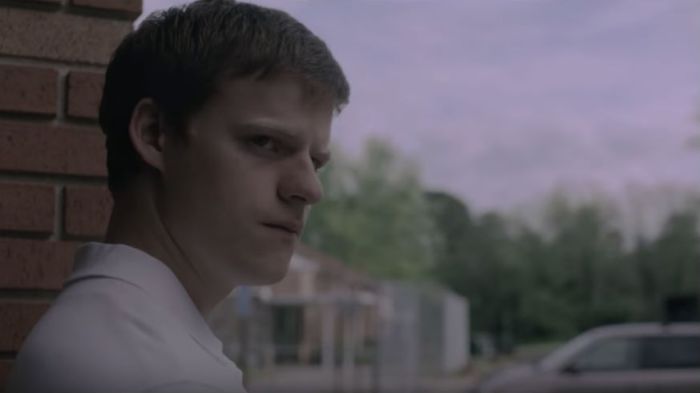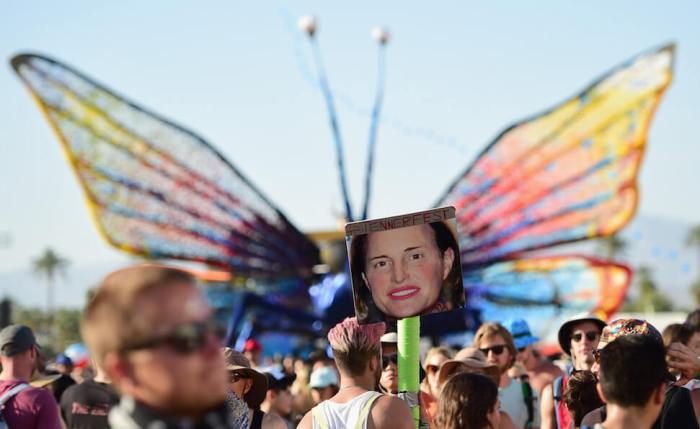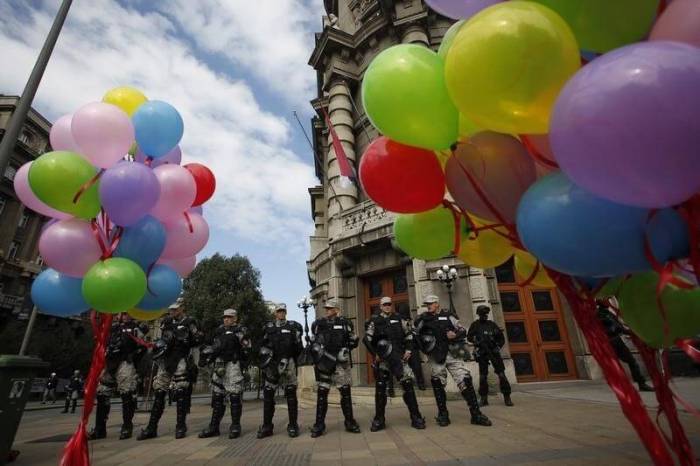‘Freeheld’ Like “Still Alice,” “Freeheld” makes us watch Julianne Moore at her rarely more personable fade away slowly and tragically. The difference is the disease is cancer, which means it becomes a more physical acting exercise: losing hair, slimming down, wheezing, being gradually reduced to nothing. And the movie itself, unlike “Still Alice,” is crude — an activist film where the activism takes precedence over artistry, and where fine actors (including Michael Shannon, mostly wasted but periodically commanding) are there more to finesse and charm their way over copious rough patches. RELATED: “The Walk,” another Philippe Petit film, is both redundant and transcendent Moore is too good for “Freeheld,” but she doesn’t hold back. She’s electric as Laurel Hester, a tough and storied New Jersey detective rocking a Farah Fawcett coif flip in 2003. She meets-cute with Stacie Andree (Ellen Page), a Butch lesbian, and the two begin a whirlwind romance hampered by Laurel’s reluctance to come out of the closet, at least publicly. Laurel drives way out of her way to cruise for chicks and refuses to let Stacie answer the phone lest anyone know her secret. When they move in together, she calls her her roommate, and only belatedly spills the beans to her work partner, Dane (Shannon), both parties are hurt — Dane for her lack of trust, Stacie for Laurel’s unthinking terminology. “He’s my partner,” Laurel assures Stacie. “No,” she replies. I’m your partner.” That on-the-nose-ness is par for course for “Freeheld”’s dialogue, from the guy who wrote the slightly more sophisticated (but not by much) “Philadelphia.” But if it starts as one kind of Lifetime movie, it soon shifts into another. Laurel, a habitual stress-smoker, contracts late-stage lung cancer, only to find the board of five (white, male, mostly old) county freeholders would not bequeath Stacie, who had become her domestic partner, with her pension due to a technicality. The rest of “Freeheld” jostles between Laurel quickly dying and the movement to demand an overturning. Most of the men are portrayed as simple, hissable monsters. The most egregious (Tom McGowan) cites “religious freedom,” which makes for good timing; the most likable (Josh Charles) is pro-Laurel but out-numbered and scared of a looming re-election. It’s all broad, even before Steve Carell’s LGBT rights rabble rouser Steven Goldstein — introduced yarmulke-first — enters the scene and starts making easy gay jokes. But every now and then a more interesting film peeks up above the cracks. “Freeheld” wants to be a simple, old school, populist activist entry that rallies the troops. At least it doesn’t mince words: Goldstein is up-front about how he’s using Laurel’s case to further the case for marriage equality. RELATED: Interview: Julianne Moore is trying to break your heart in “Still Alice” But it also doesn’t want to dishonor Laurel and Stacie, both of whom were uncomfortable with being turned into a mere martyrs. They wrestle with how much time to devote to the cause, since that would take away from what limited time they have left. Laurel — in part due to her being long used to being closeted — is even reluctant to push for gay marriage, adamant about saying she’s for “equality,” not weddings. Moreover, as Dane gets more involved in Laurel’s campaign, he realizes that Steven’s broad strokes aren’t getting much done, instead creating a monotonous circus that alienates the ever-stubborn freehold members through endless shaming. These points are where a better film would comment on the difficulty of effecting change, even right and noble change as here, thereby making it useful for future and present activists in similar predicaments. Instead it raises these points only to ignore them, settling into a mushy groove of bland empowerment reflected by the pedestrian way it’s been filmed — all git-r-done shots and overlit images that look far too digital. (Director Peter Sollett once made the loose and earthy “Raising Victor Vargas.” Here he might as well be credited as “Alan Smithee.”) It’s a movie with a lot of talent it doesn’t always know what to do with, including Page. She’s mostly at sea — she and Moore have little chemistry — but she comes alive when being angry and, especially, sarcastic. (When they semi-tie the knot, she cracks, “Happy Domestic Partner Day,” as though Juno had slipped right back in for a cameo.) It exists to shame or flatter its audiences, depending on who they are, but it might be most useful for bearing another Julianne Moore performance you have to see, no matter the consequences.
Director: Peter Sollett
Stars: Julianne Moore, Ellen Page
Rating: R
2 (out of 5) Globes
‘Freeheld’ is a crude gay rights drama with a great Julianne Moore
Follow Matt Prigge on Twitter @mattprigge













